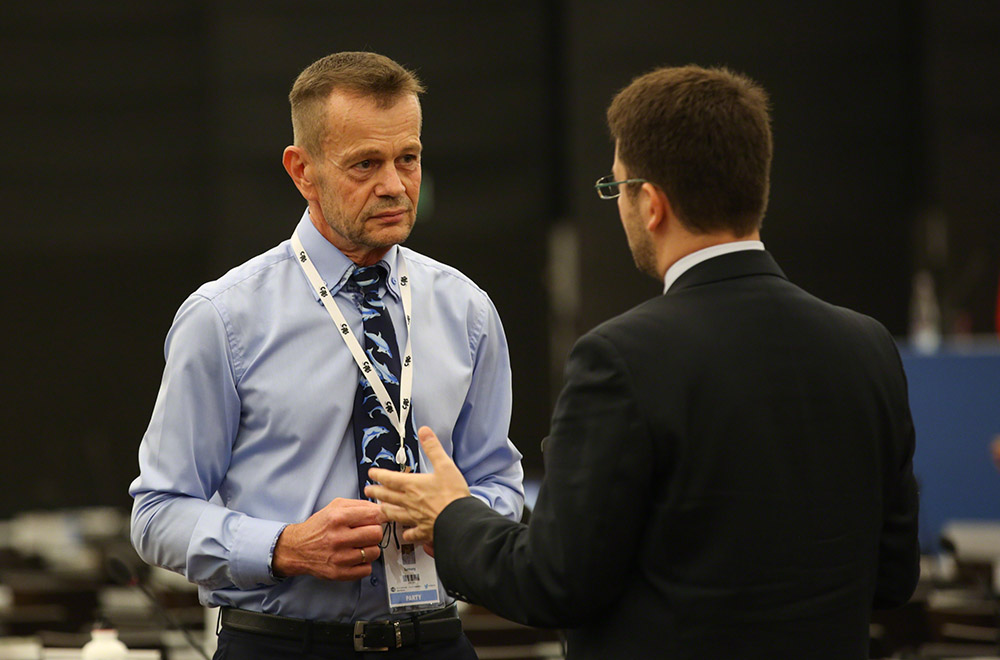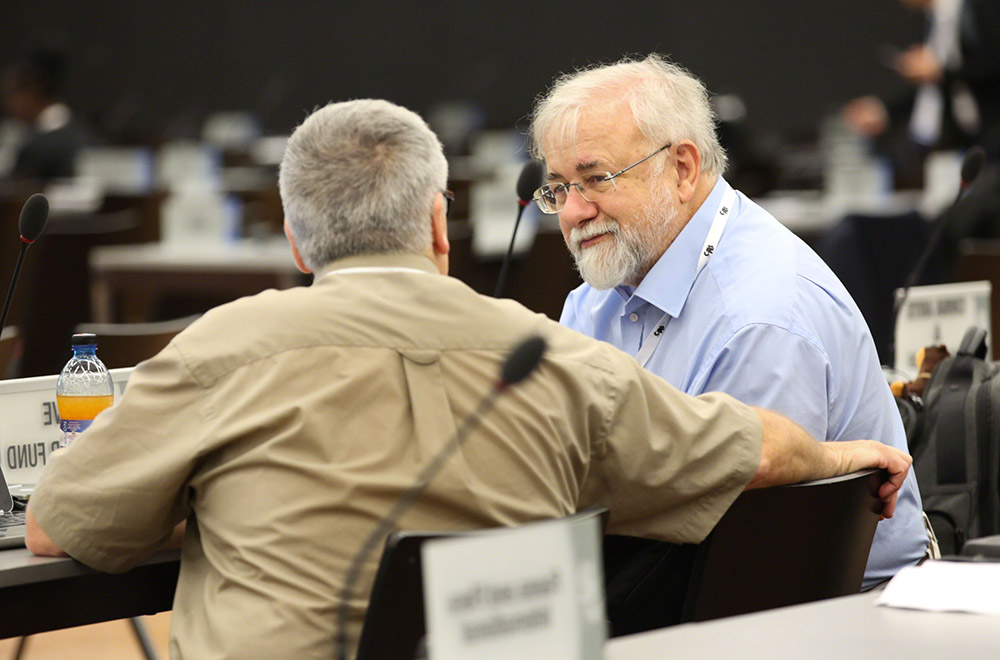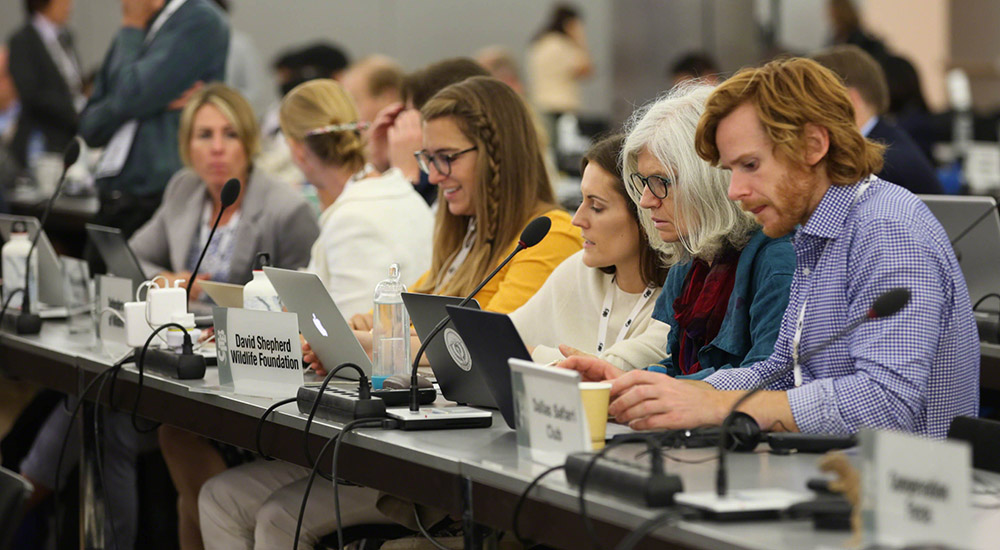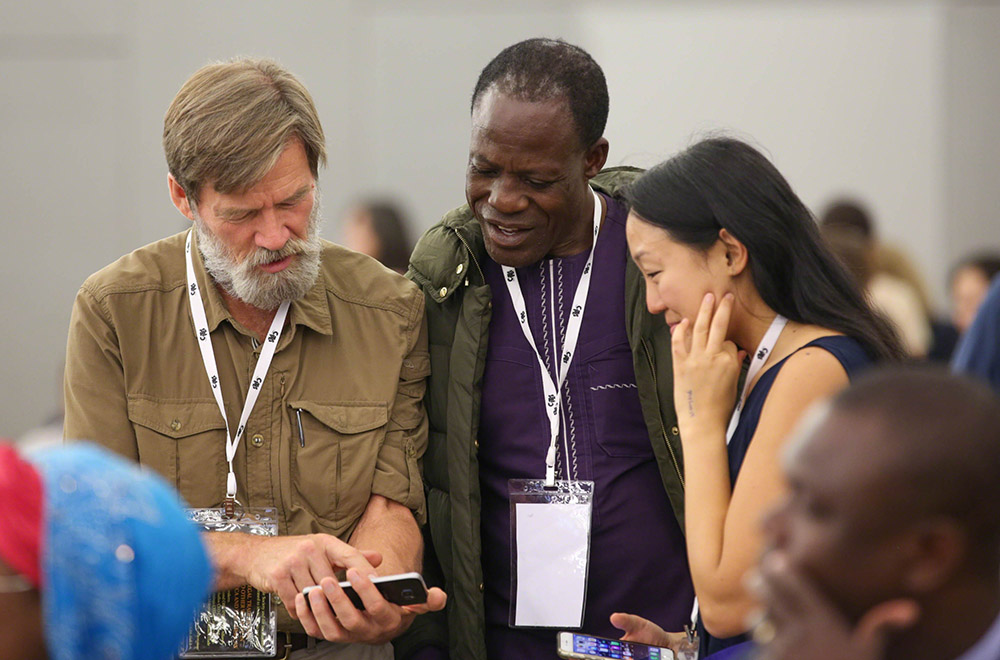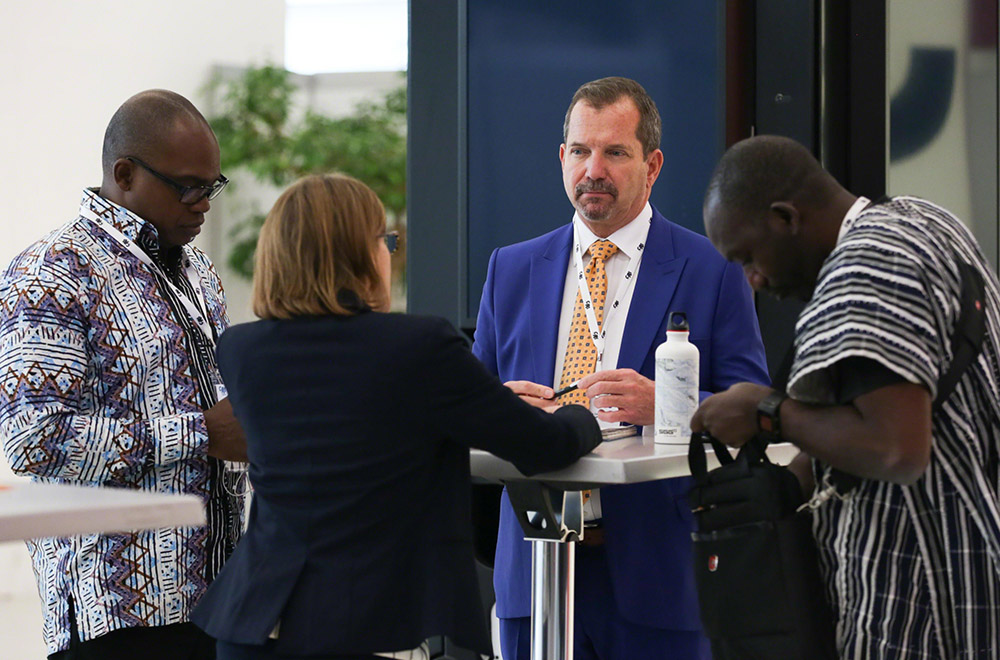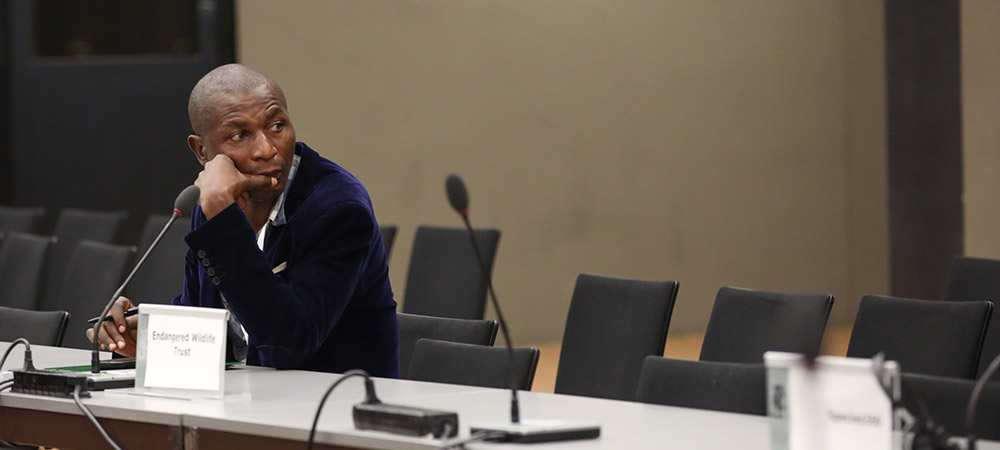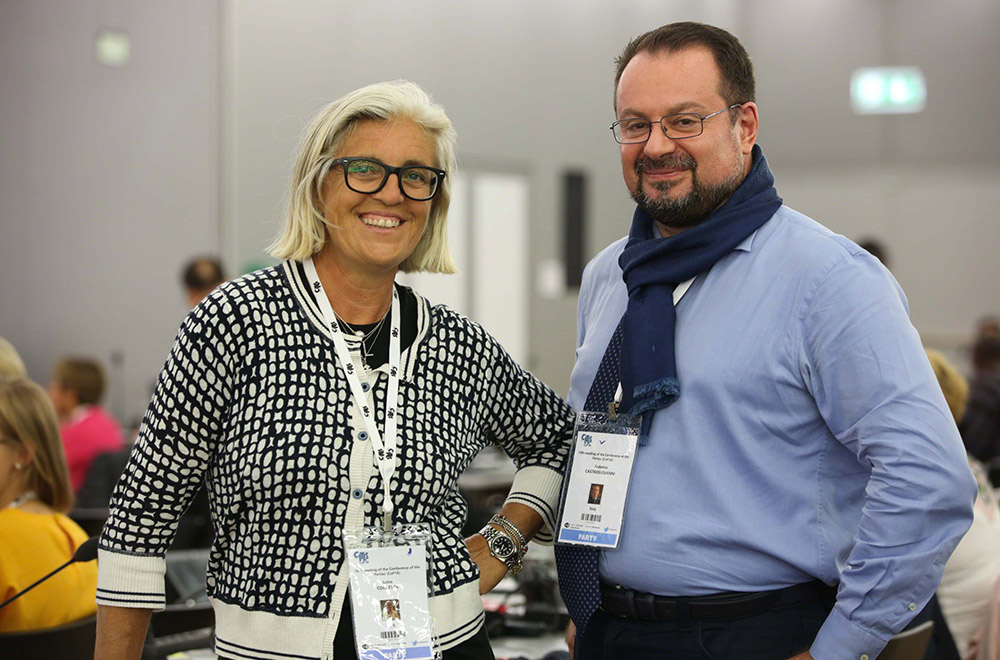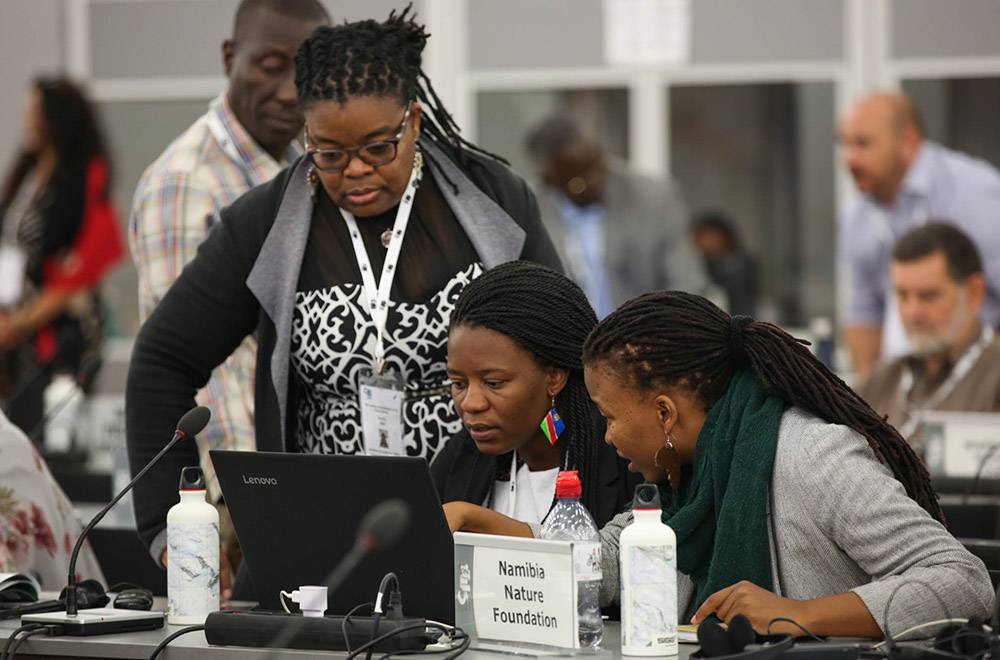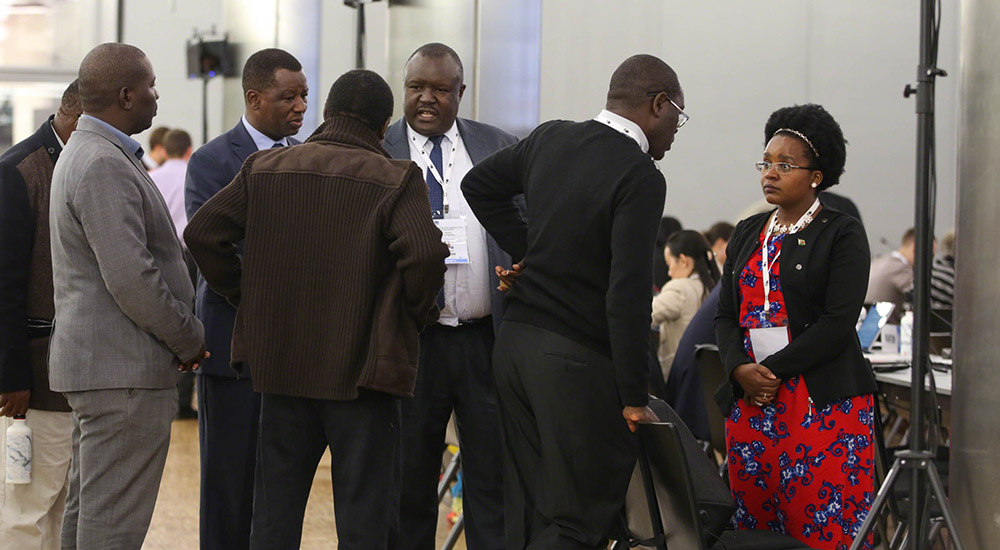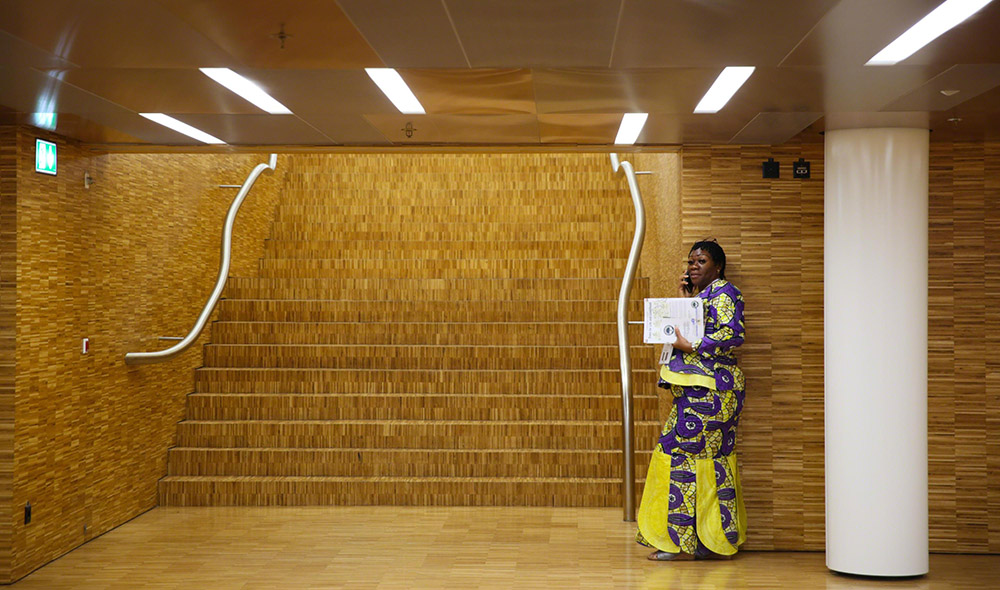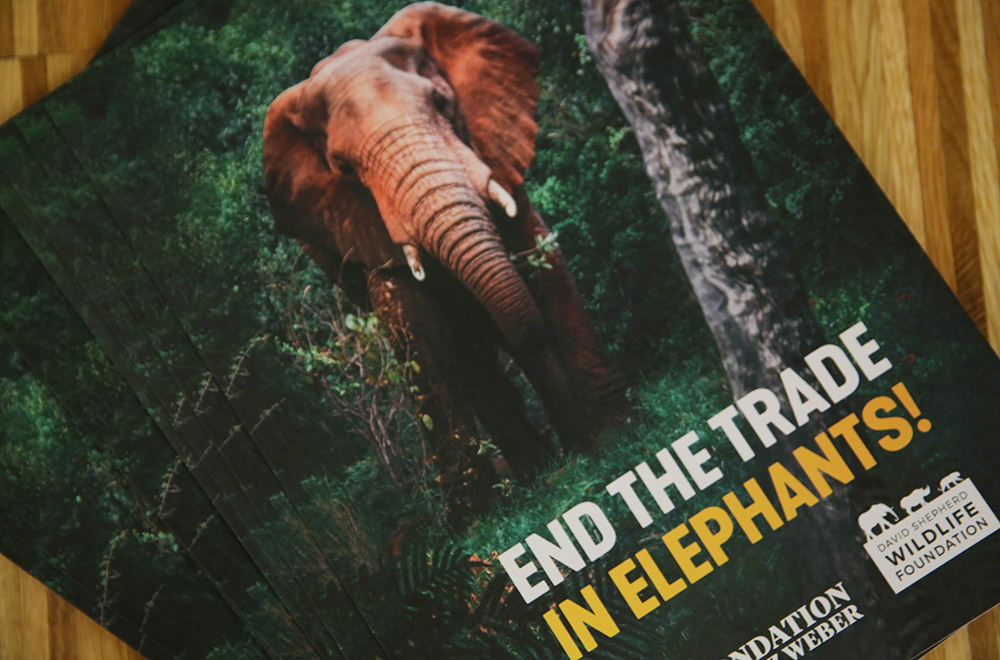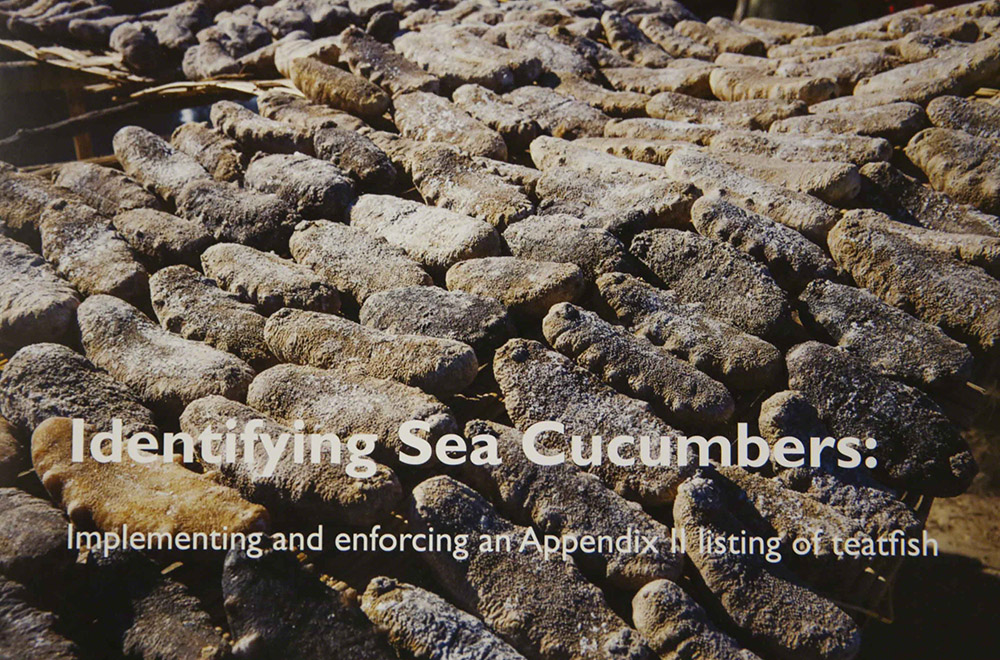Summary
Highlights for Wednesday, 21 August 2019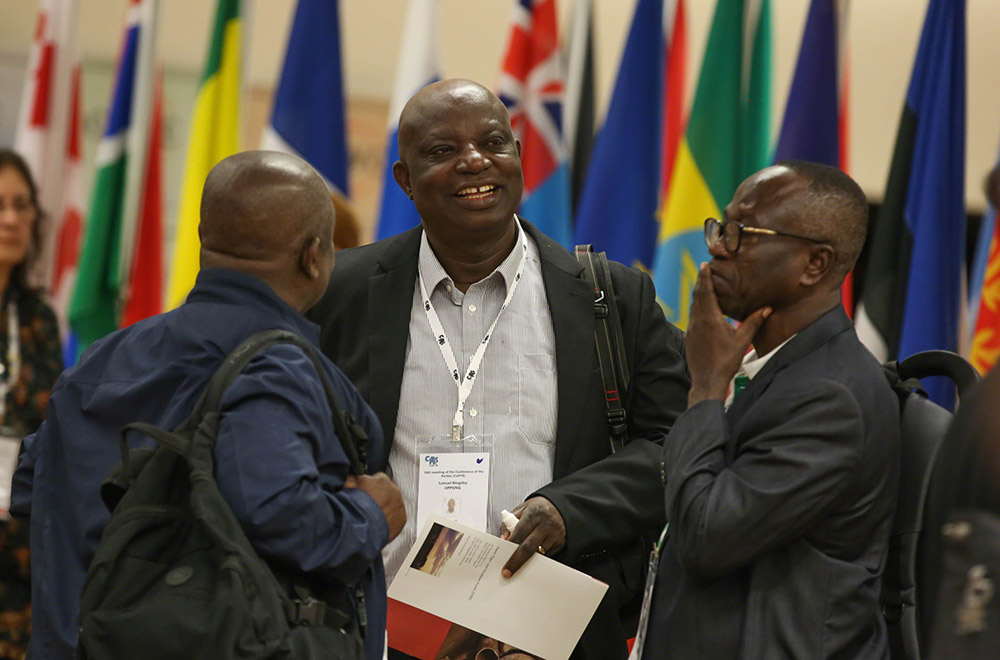
In the morning, Committee I of CITES CoP18 began consideration of listing proposals. The first item discussed was the Mulanje cedar, proposed to be listed in Appendix II, given its critically endangered status. The Committee agreed.A proposal to remove North Indian rosewood from Appendix II was opposed because of the look-alike issues that arise in identifying the species of traded wood products.Canada and the EU introduced a proposal on Rosewoods, Palisanders and Bubingas, with the EU explaining that the proposal maintains an exemption for small finished products, while addressing the implementation challenge associated with differentiating commercial and non-commercial exports, and applies the maximum weight of wood for small finished products to single items rather than to shipments.Senegal, the Democratic Republic of Congo (DRC), the Russian Federation, Tanzania, Republic of Korea, and Indonesia supported the revisions. Several countries expressed concern about the introduction of an exemption for finished products to a maximum weight of 500g per item.Committee I established a drafting group to develop further revisions.The agenda of Committee II was, in the words of Chair Craig Hoover, a “big gray day” as delegates considered agenda items on elephant and rhino.Many expressed confidence in the Monitoring the Illegal Killing of Elephants (MIKE) process, though Burkina Faso and Kenya, supported by several African countries and Israel, expressed concern about the independence and transparency of the analysis, calling for an open and transparent peer-review of MIKE’s methodology.Similarly, several transit countries, such as Singapore and UAE, and others questioned the transparency of the Elephant Trade Information System (ETIS) methodology and categorization process, while China and DRC lamented the report’s neglect of their domestic efforts to combat the illegal trade in ivory.Kenya then presented the document concerning proposed amendments to resolution Conference 10.10 (Rev. CoP17) on the closure of domestic ivory markets, with a view to closing all remaining legal domestic ivory markets.Gabon, Burkina Faso, and other member states of the African Elephant Coalition, with Israel, supported the proposal and emphasized that legal domestic ivory markets drive demand, complicate enforcement efforts and are linked to poaching and the illegal ivory trade.
Namibia, eSwatini, and other southern African countries expressed strong opposition, stressing that there was no evidence of a link between legal domestic markets and poaching. They questioned the value of re-opening the issue of domestic markets given the extensive debates and compromise achieved at CoP17. Thailand supported the view that closure of all domestic markets was unnecessary, citing, as an example, its own successful implementation of a National Ivory Action Plan (NIAP).Chile, EU and Japan and several others noted that this proposal falls outside the scope of the Convention and might pave the way for similar restrictive measures to be adopted for the legal domestic markets of other CITES-listed species.The US also opposed the proposed amendments, underscoring that focus should remain on assisting parties in effectively implementing Resolution Conference 10.10 in its current form, but acknowledged the importance of monitoring the impact of these markets.Delegates in Committee II then began a lengthy debate on rhino issues before calling it a day, and moving on to Bureau and working group meetings with their colleagues from Committee I.
IISD Reporting Services, through its ENB Meeting Coverage, provided daily web coverage and a summary and analysis report from CITES CoP18.
Photos by IISD/ENB | Kiara Worth
For photo reprint permissions, please follow instructions at our Attribution Regulations for Meeting Photo Usage Page.
Committee I: Species-Specific Matters
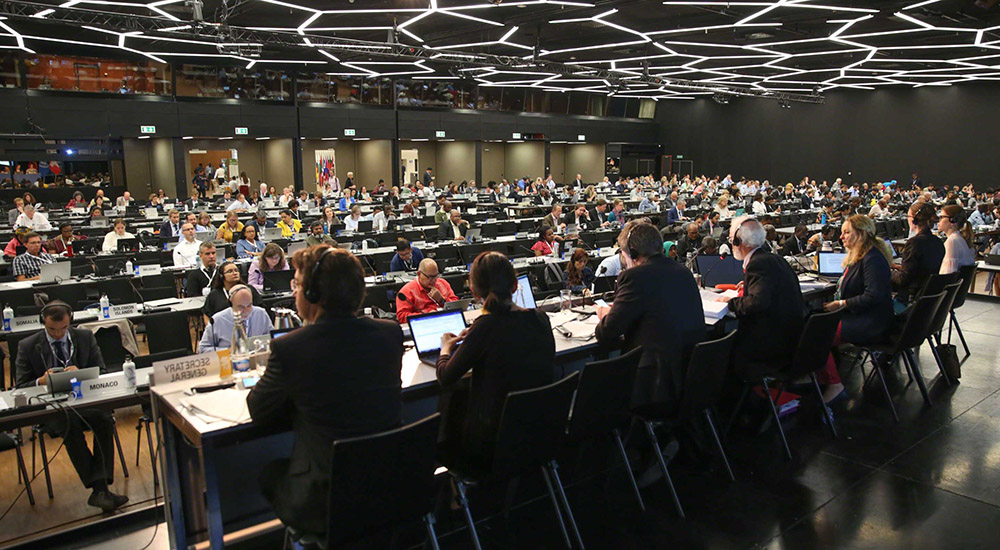
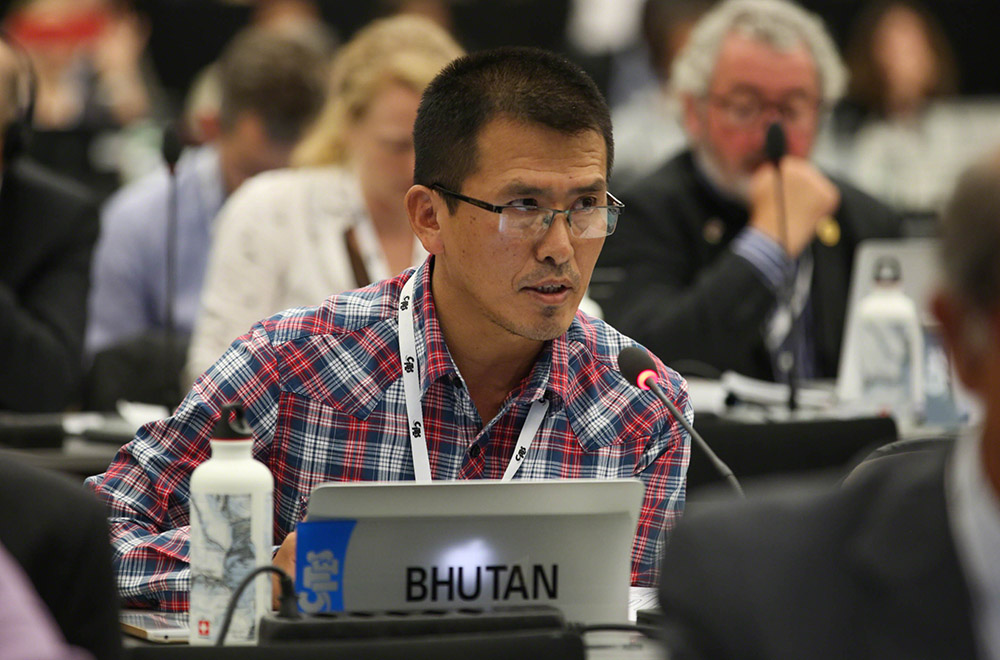
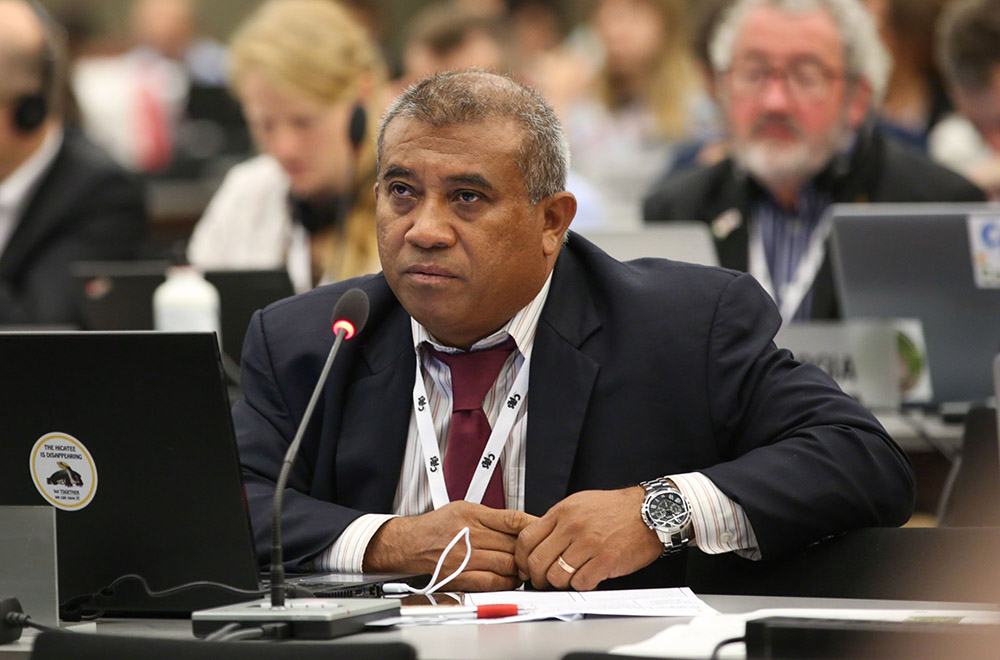
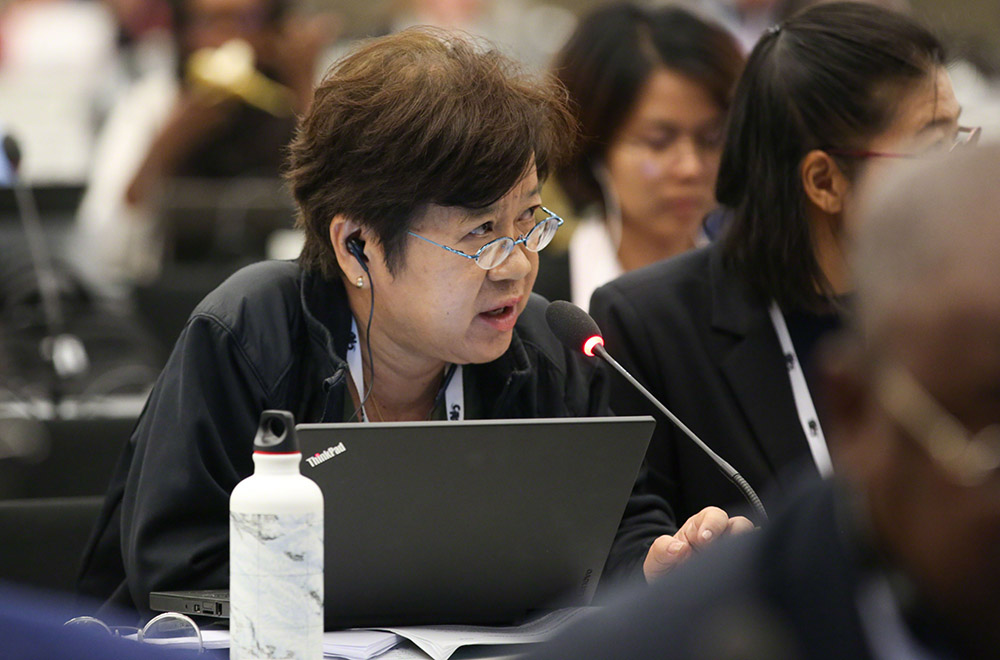
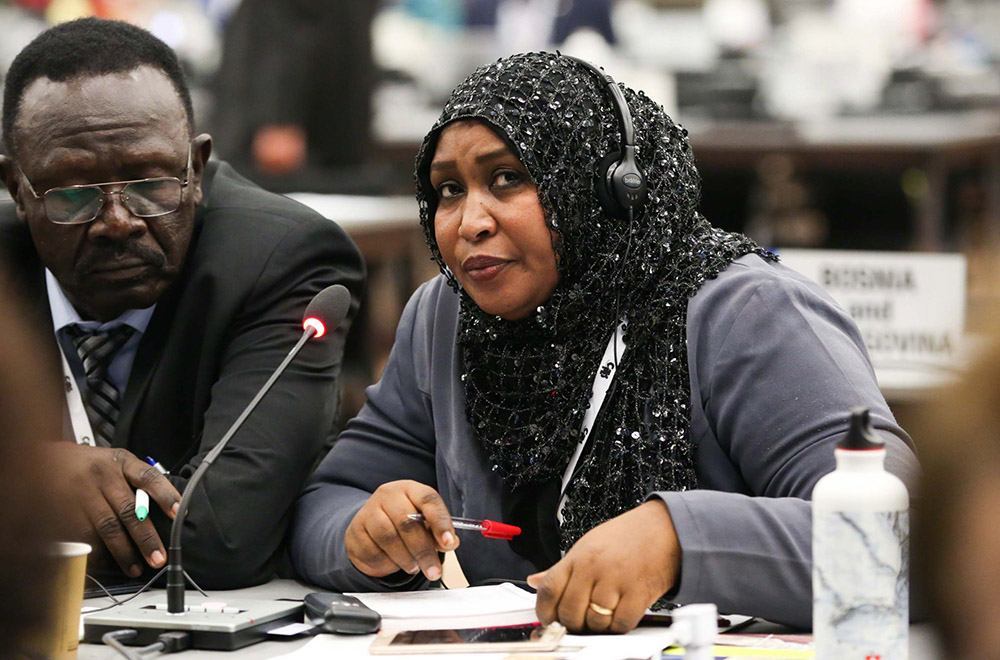
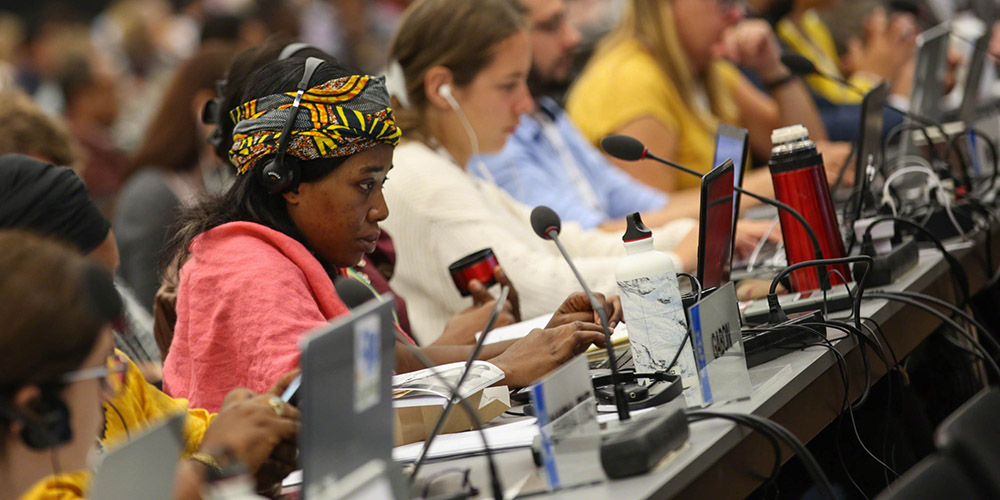
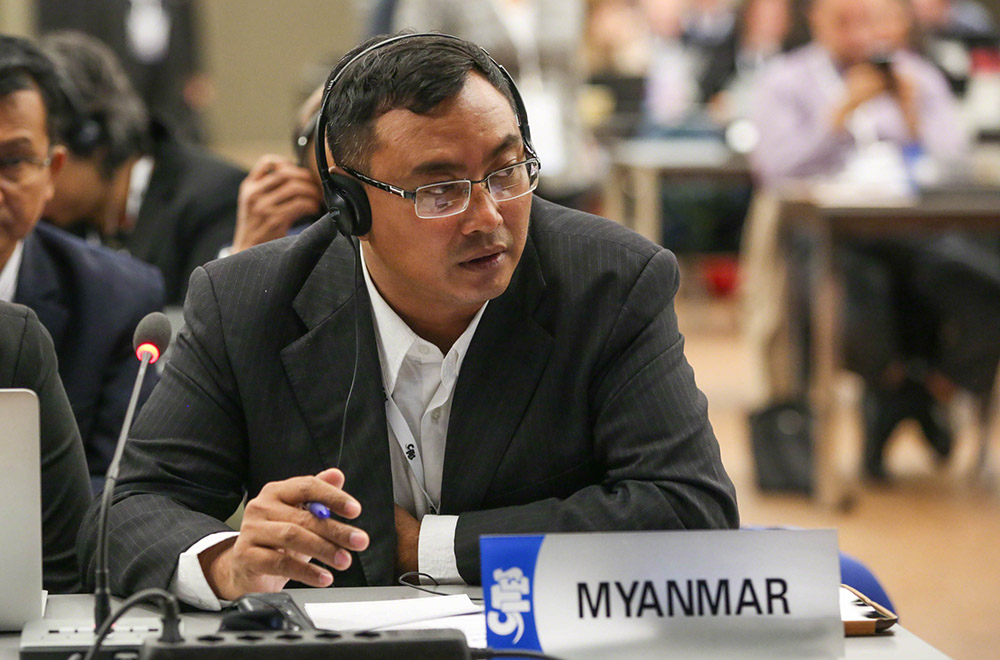
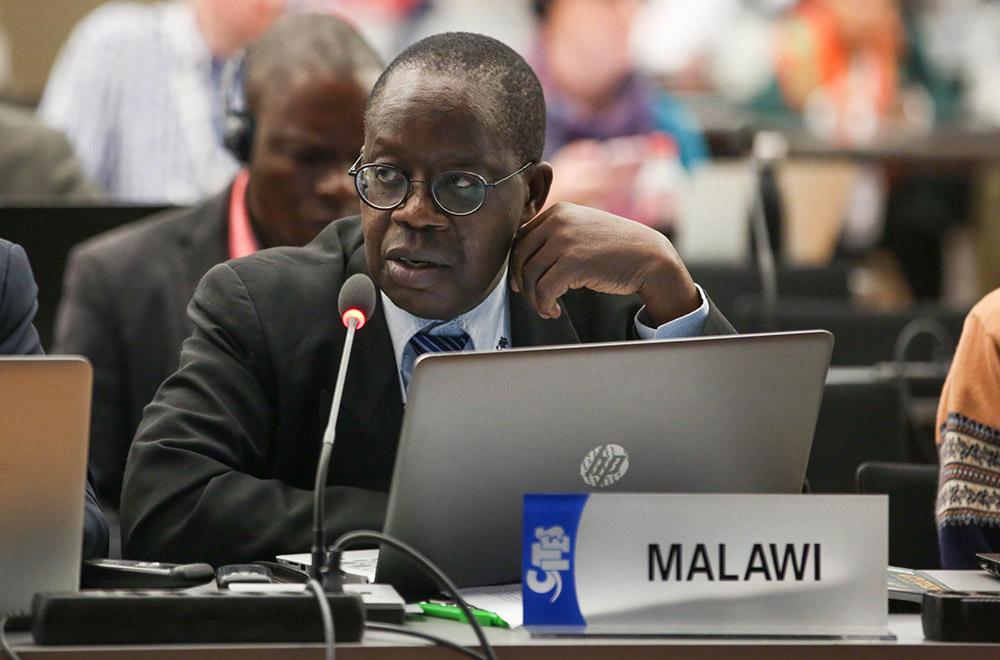
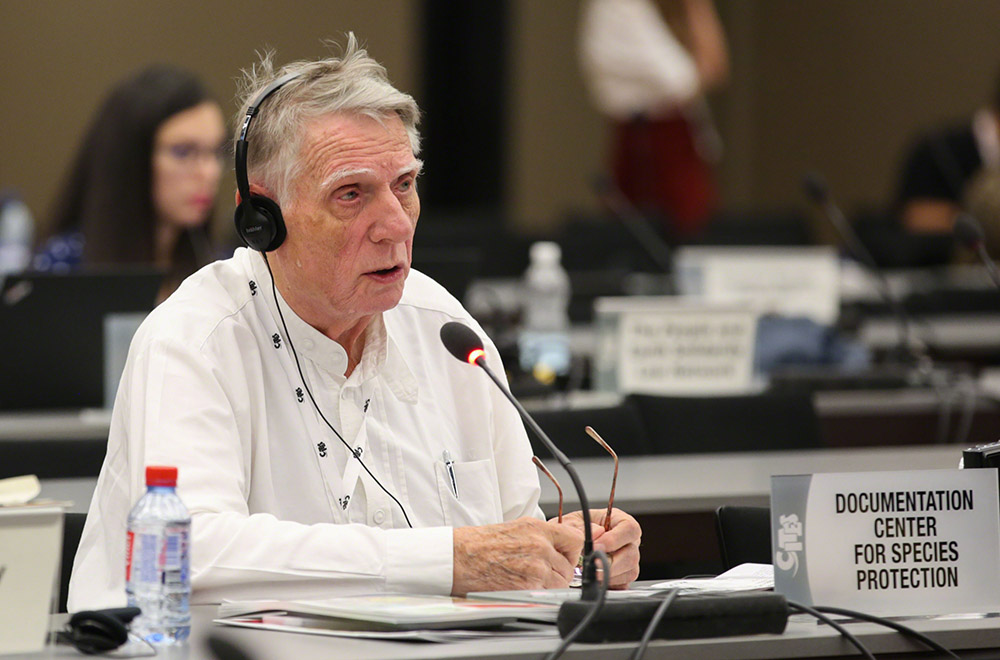
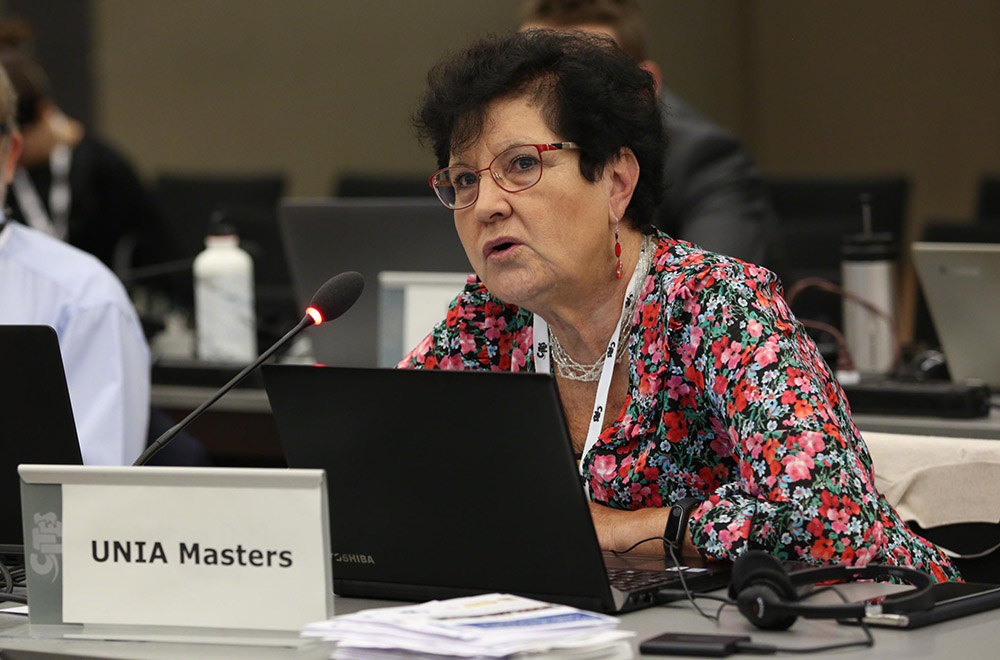
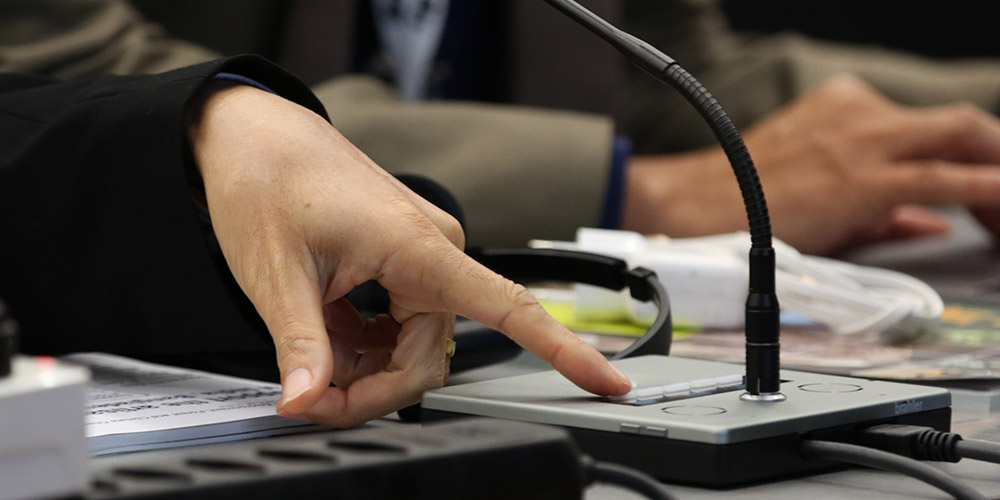
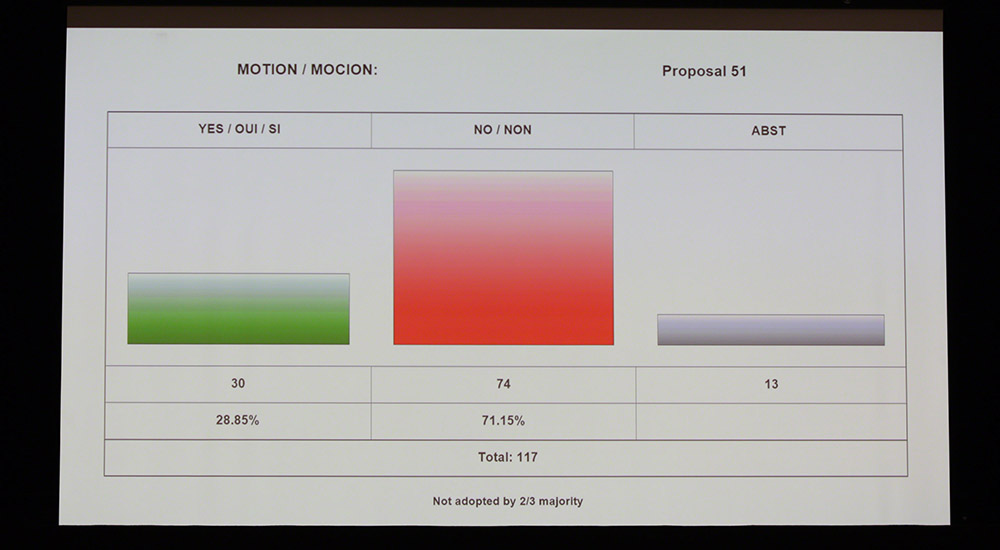
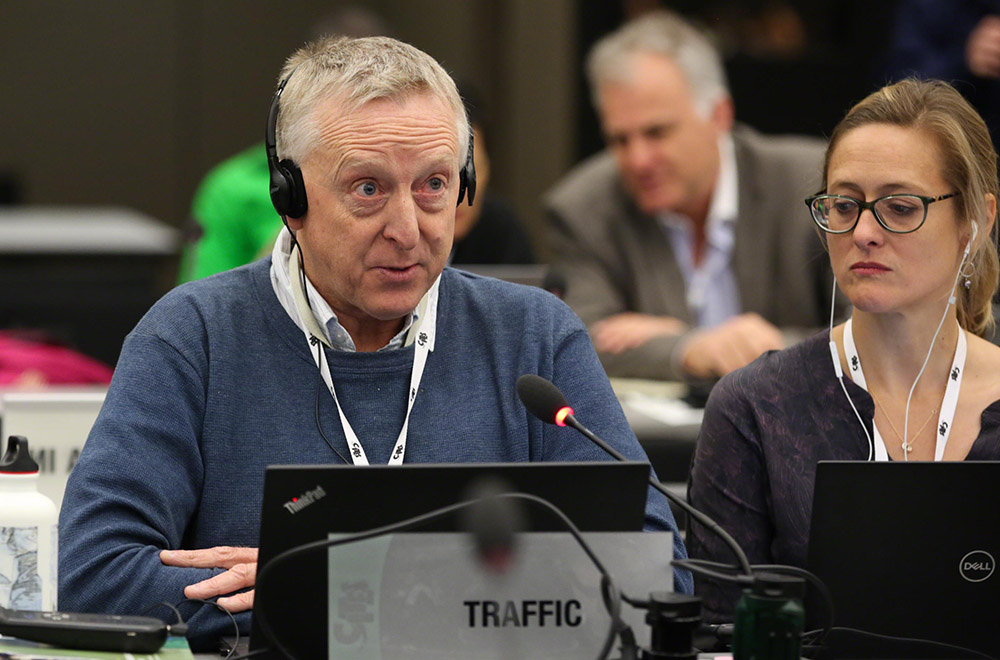
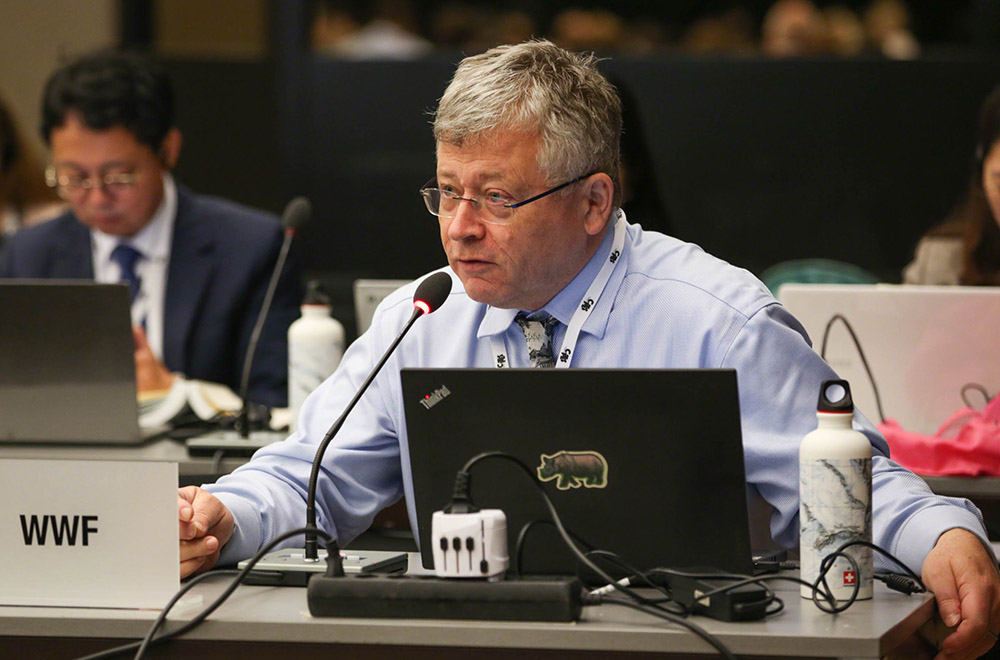
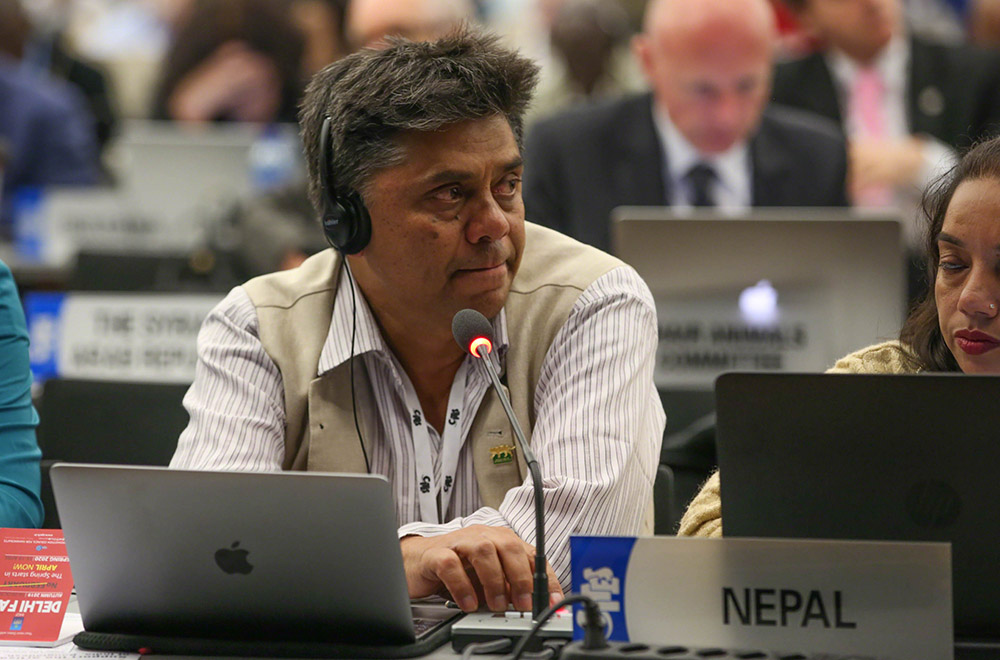
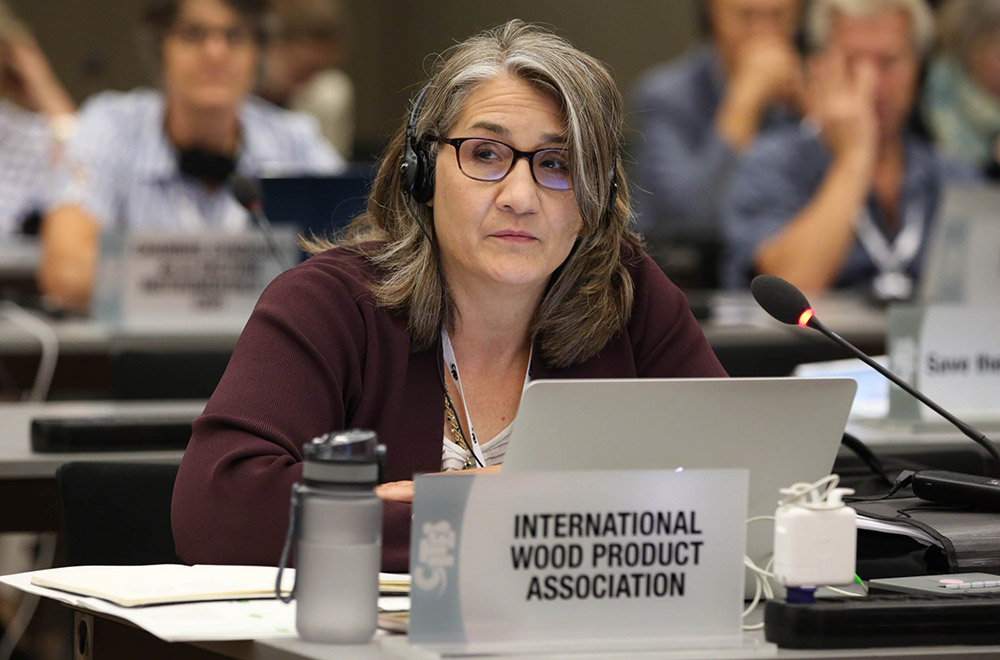

Committee II: Interpretation and Implementation Matters
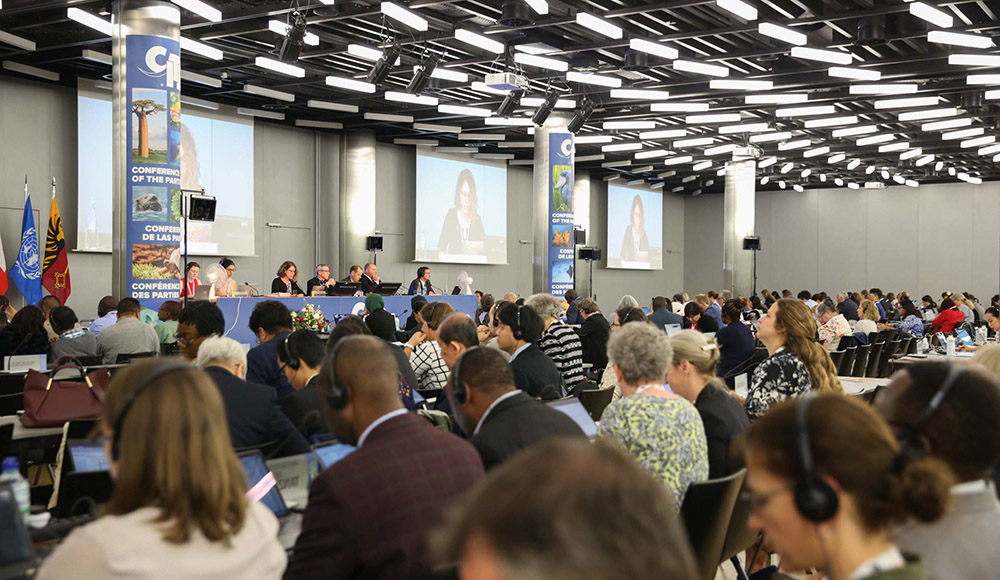
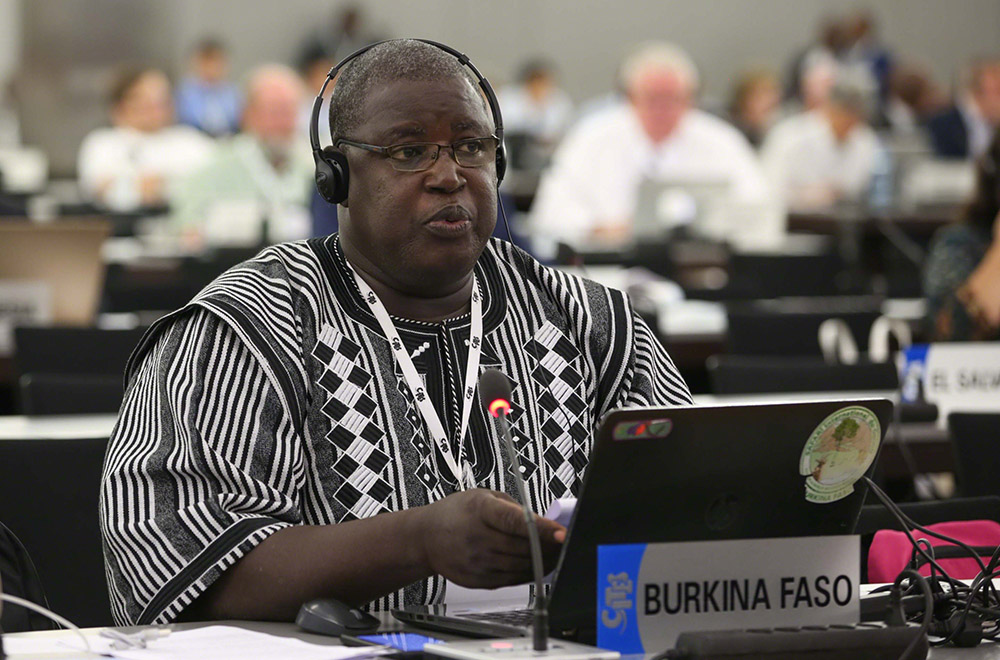
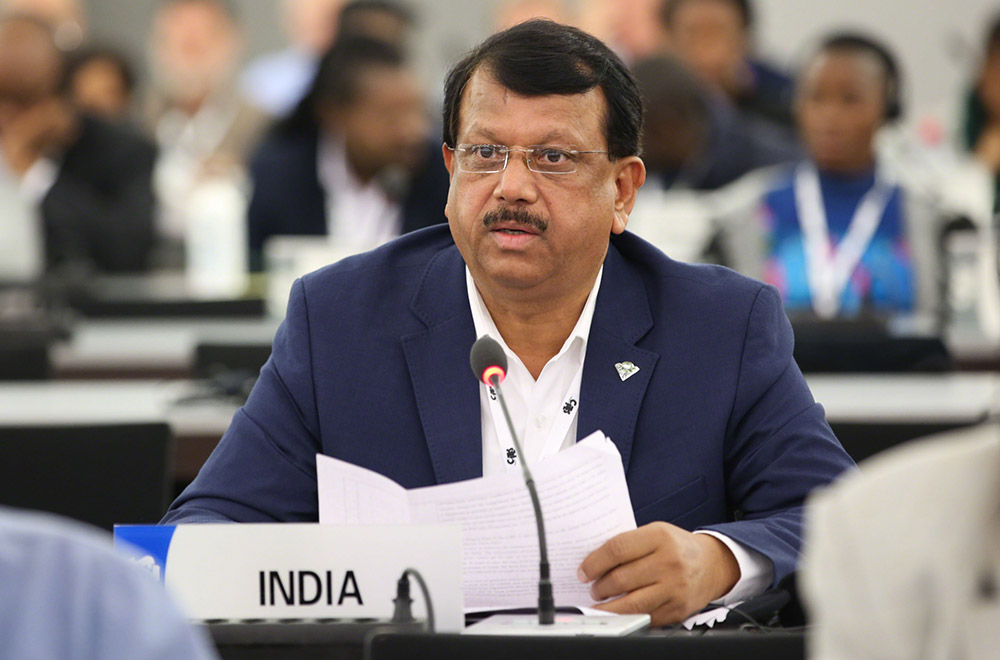
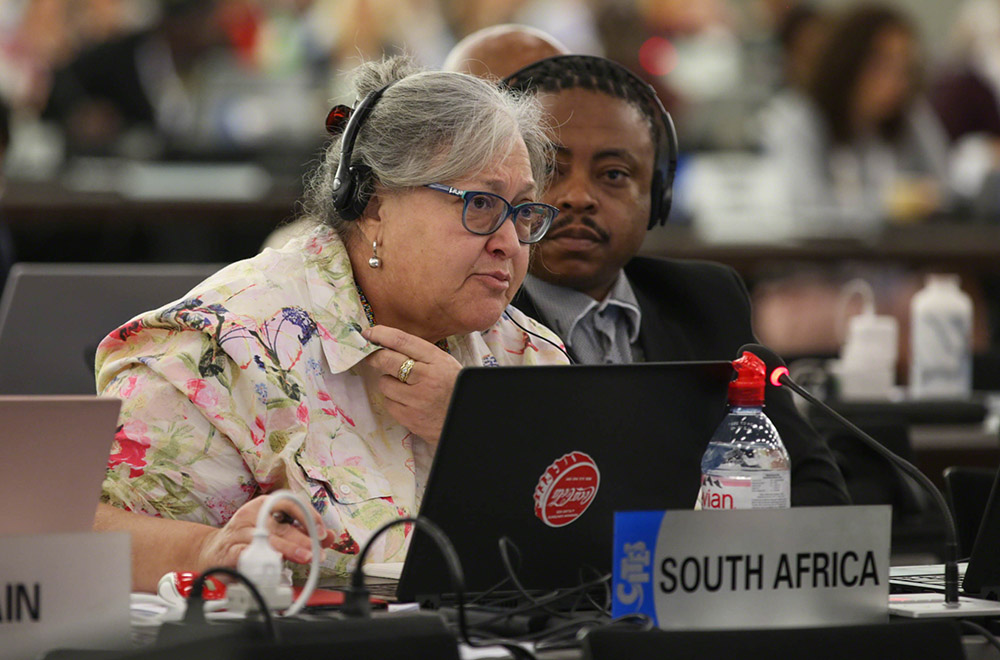
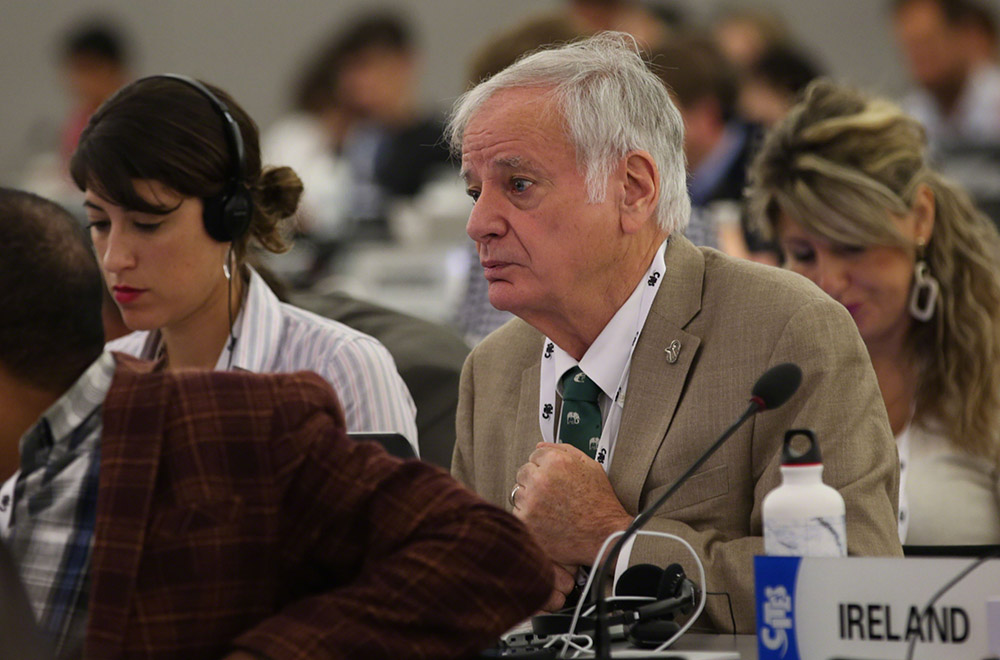
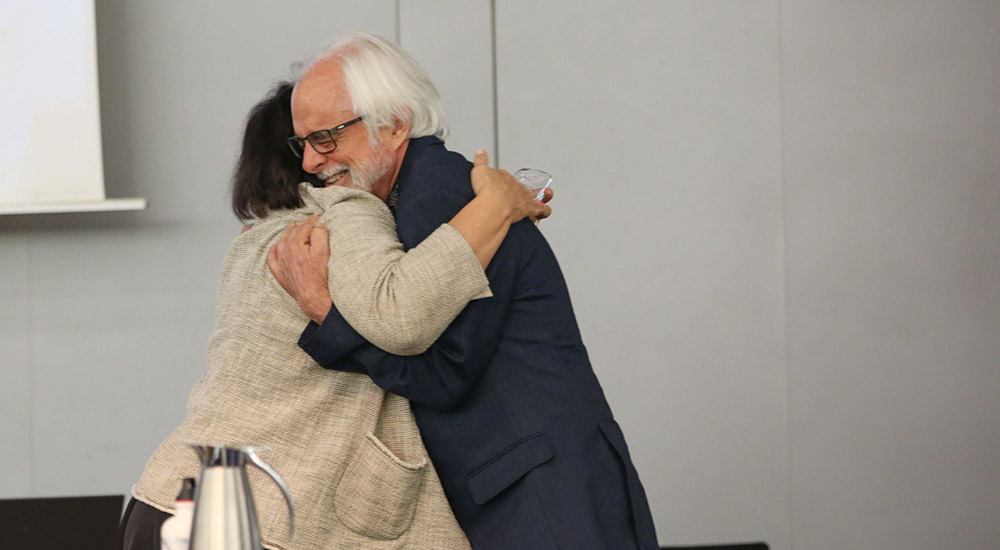
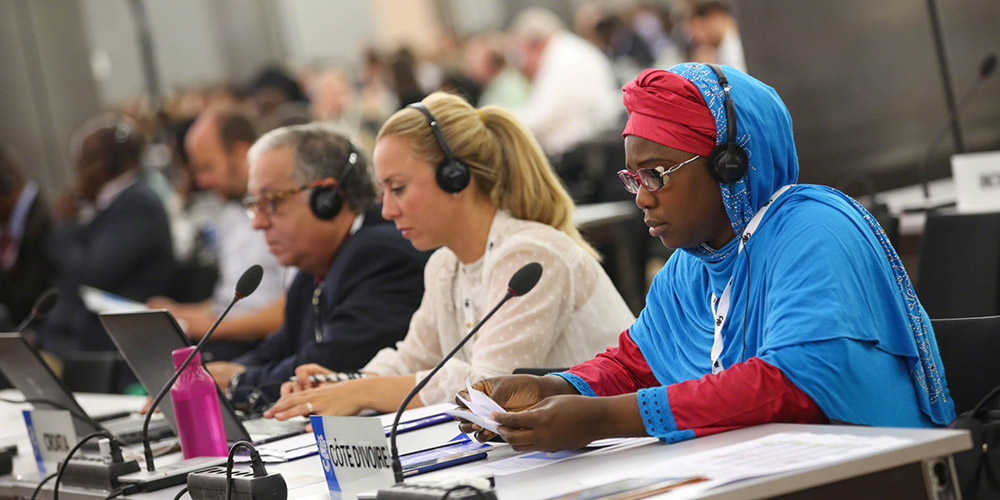
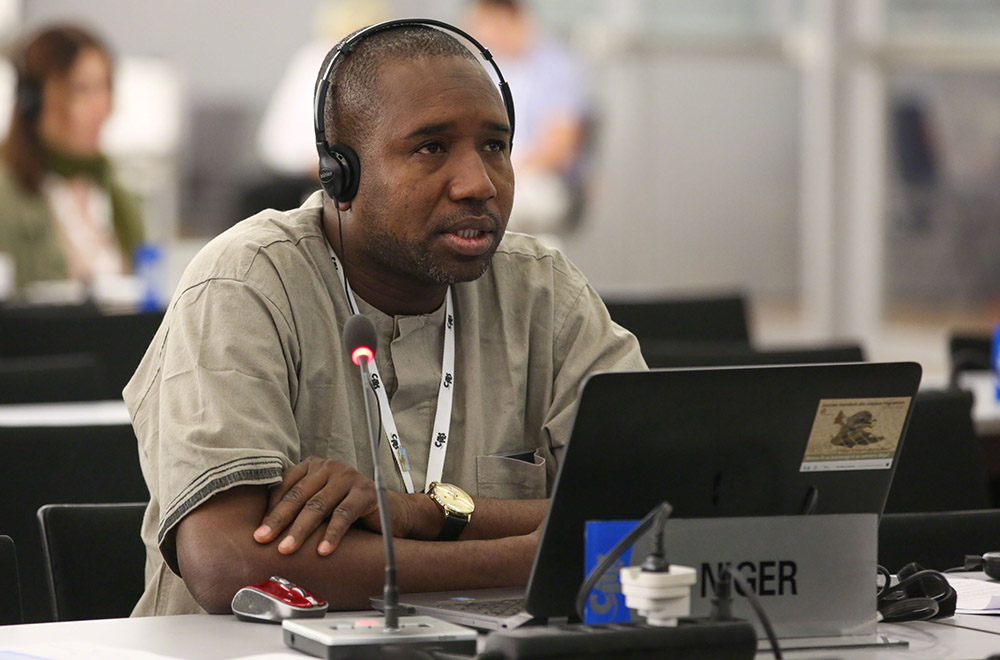
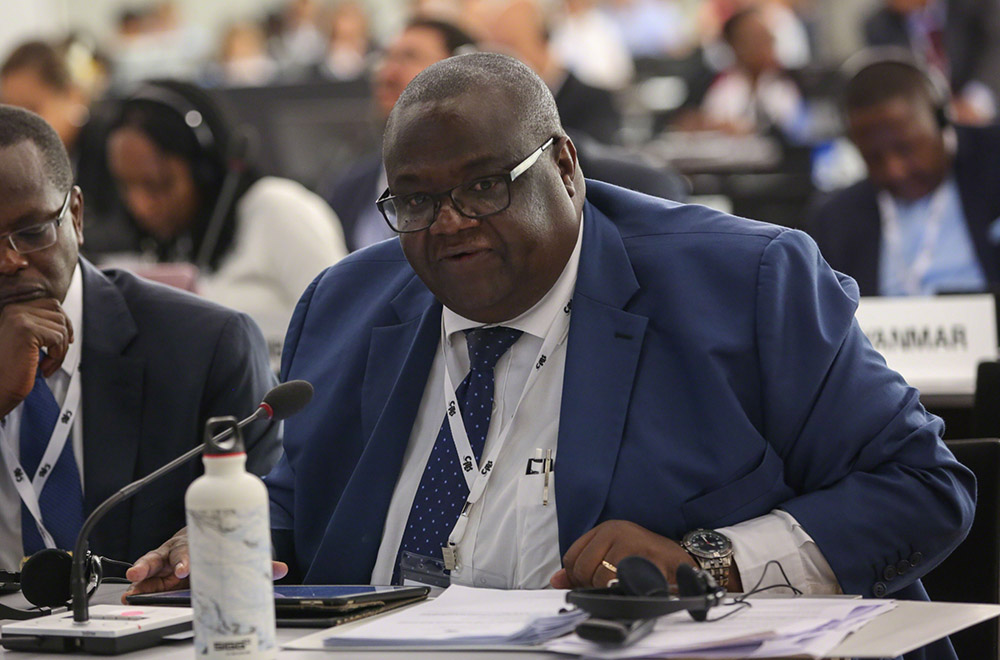
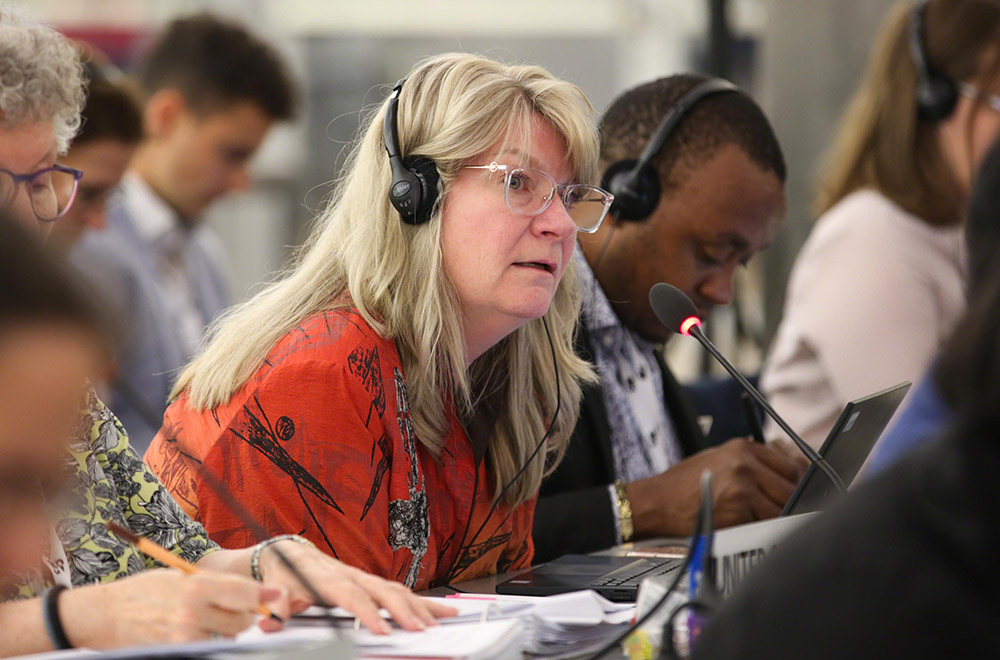
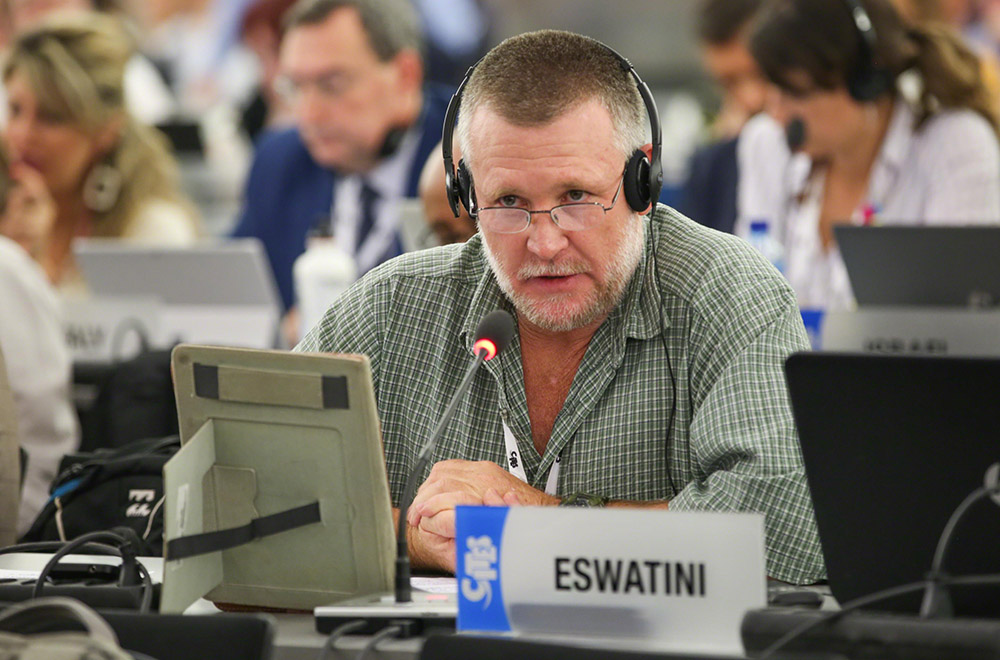
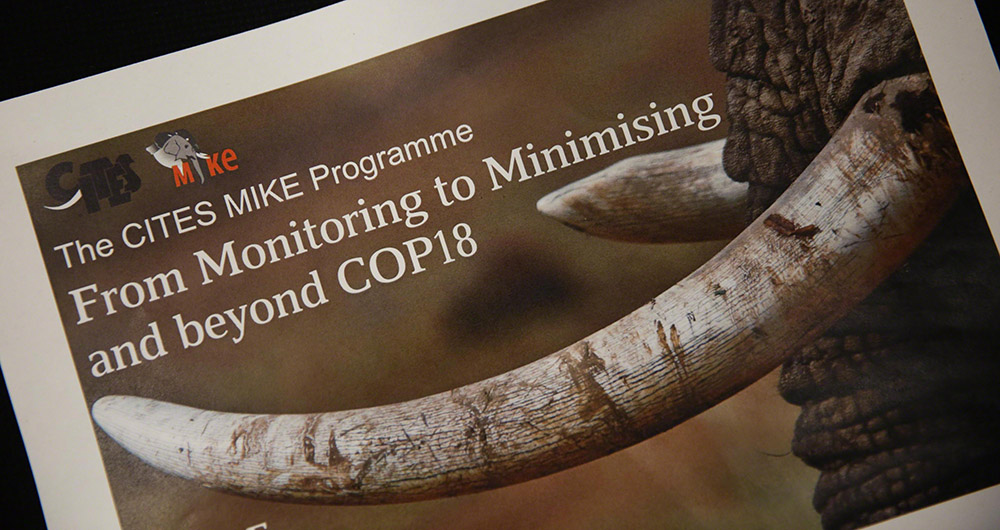
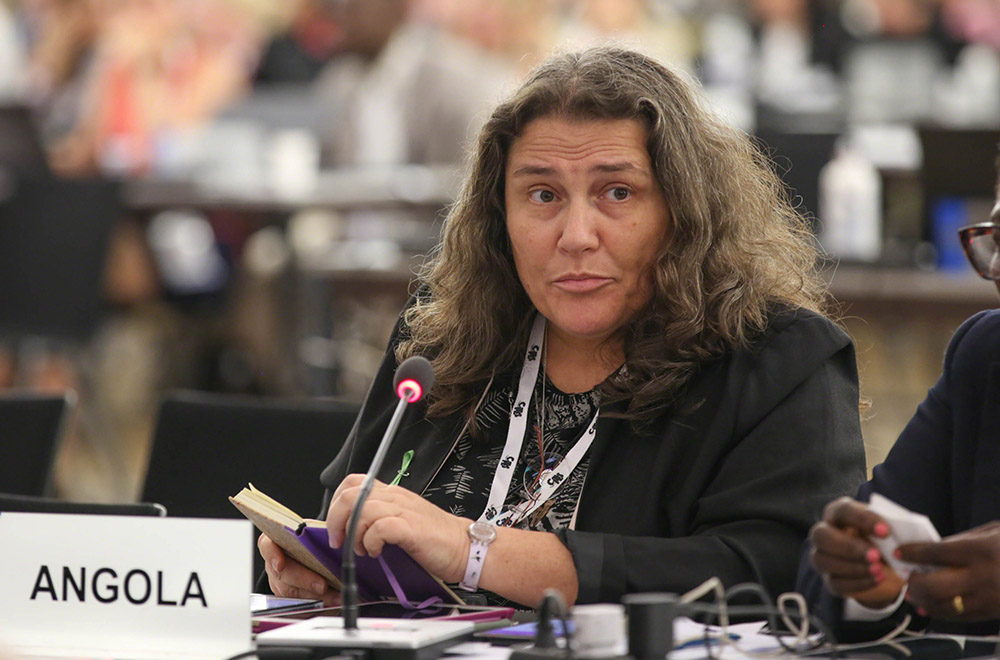
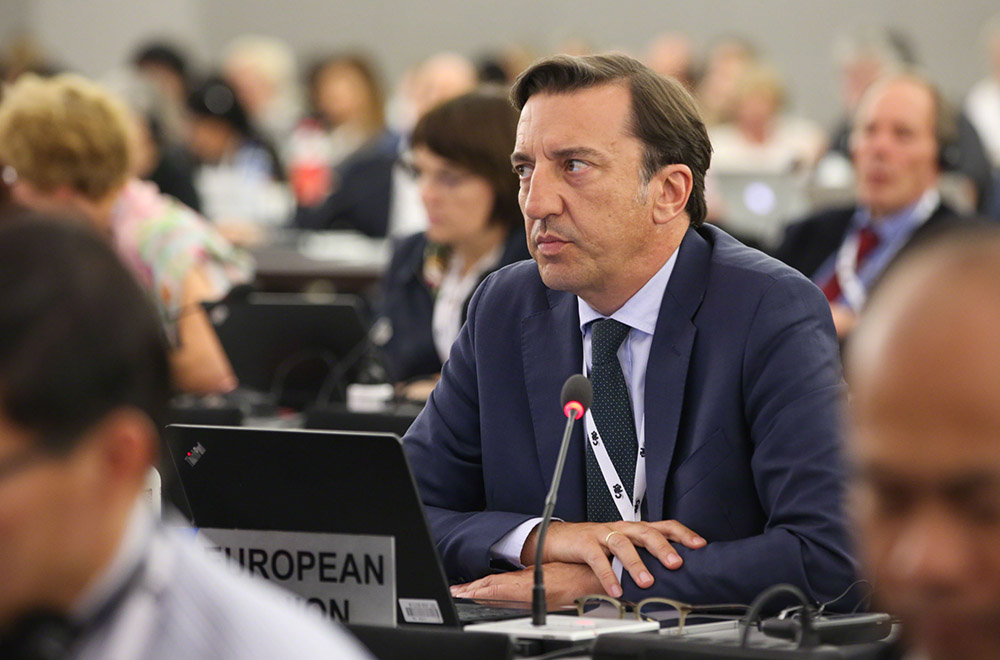
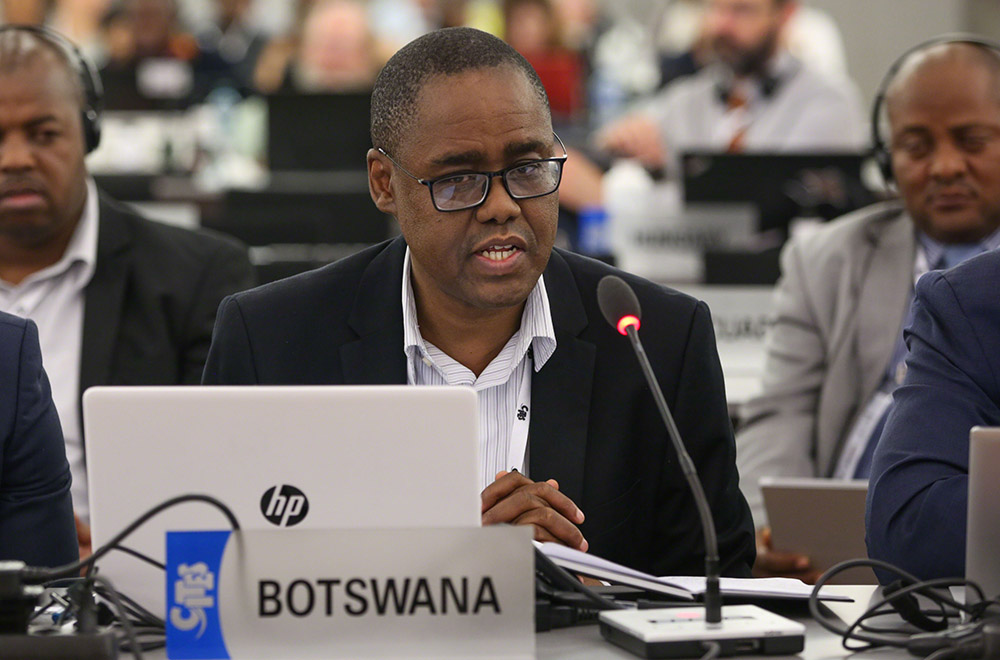
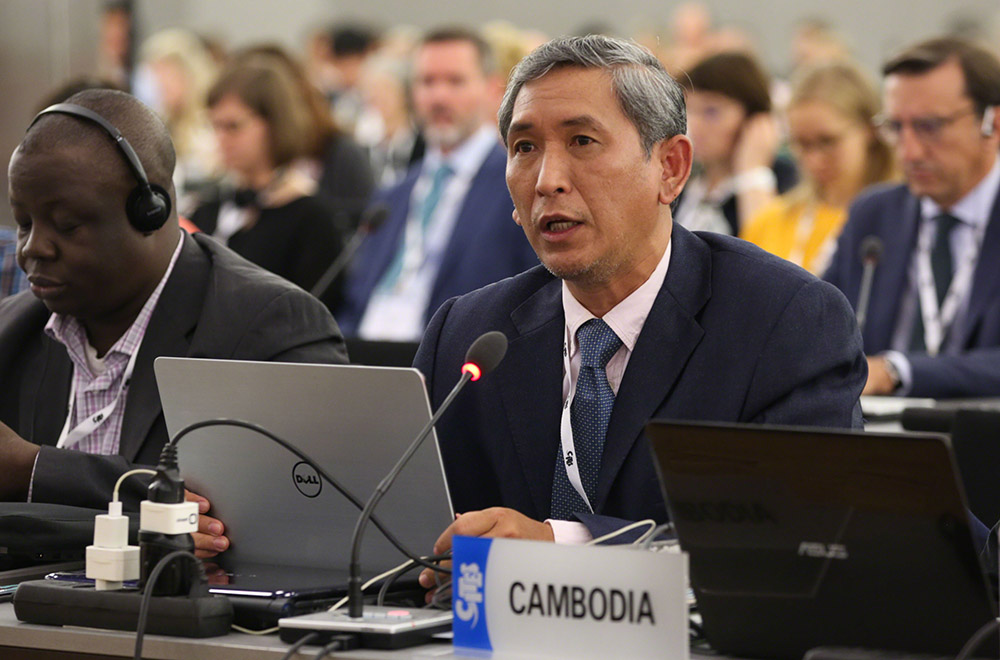
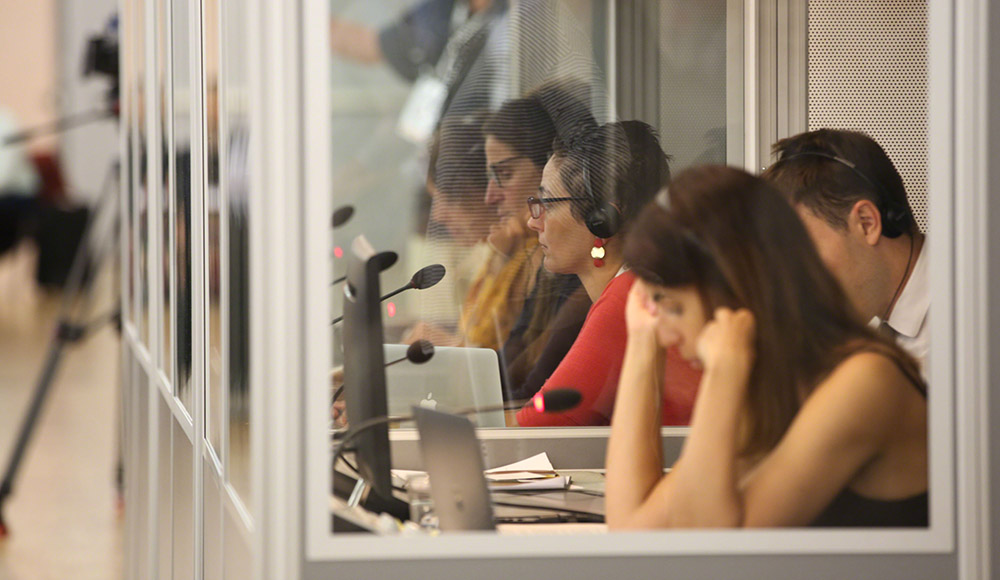
Third Global Meeting of the Wildlife Enforcement Networks
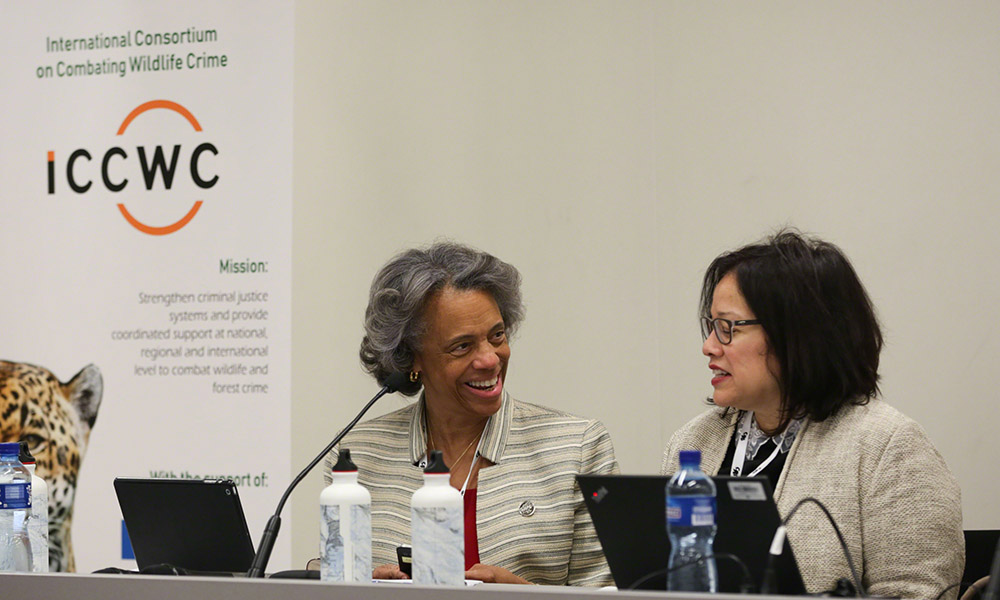
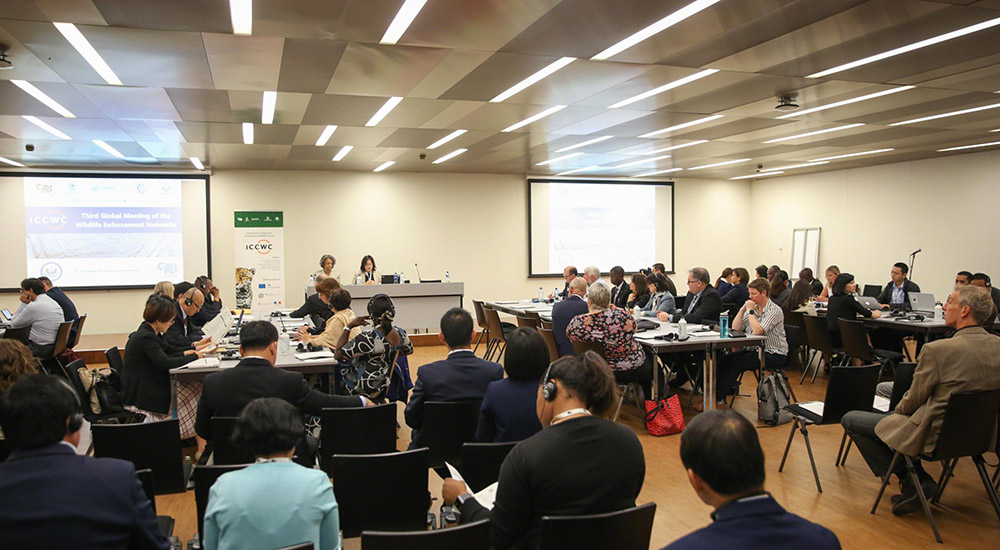
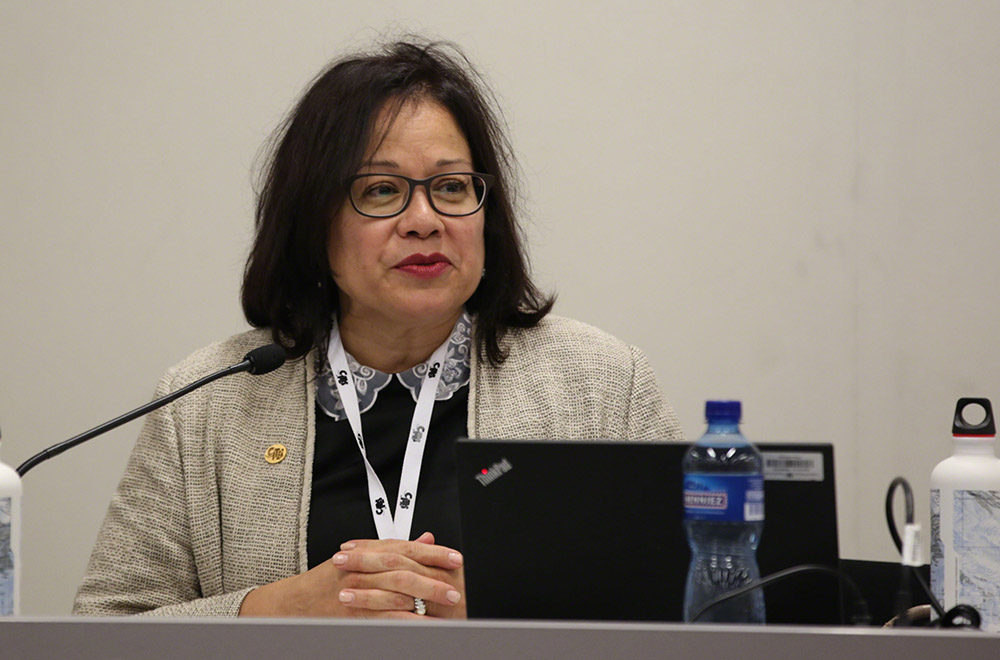
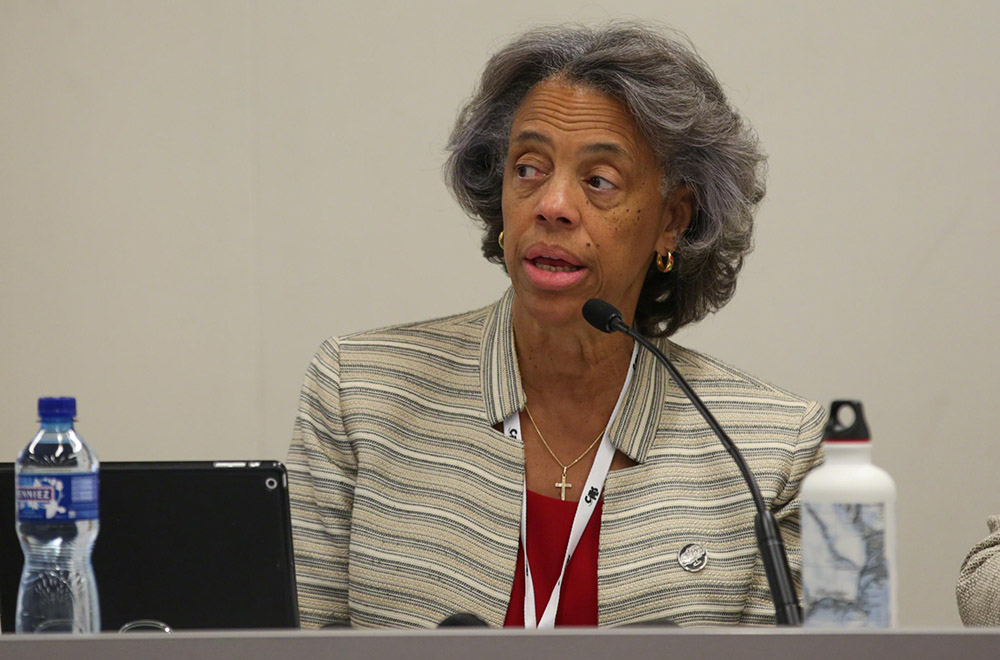

Around the Venue

